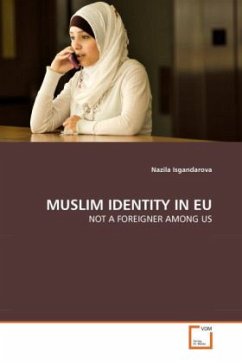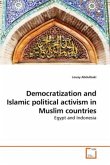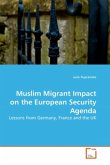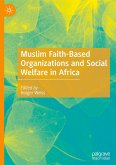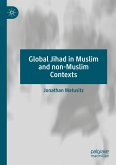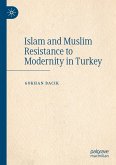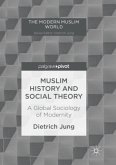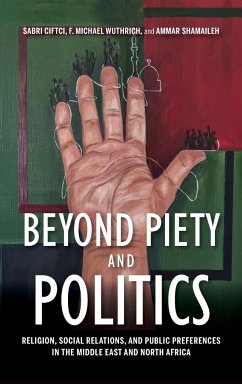Muslim identity is a fundamental issue in our contemporary times but complex to understand at the same time. It is about the self-awareness and self- reflection not only to religion identity but also to ethnic, social and political identity of Muslims. Muslim identity in EU displays itself in three layers: social, cultural and political. The social identity of Muslims refers Muslim's individual relationship with social structure. The cultural identity of Muslims relates to Islamic history and heritage. Despite the strong Muslim social and cultures identities, Muslim identity in EU is very much politicized. The view of alienation process in the identity process, which sees Us as a homogenous mass and denies the multiple identities in Us and the Other , especially Muslims, has received a great deal of attention since the securitization of migration in the EU since 9/11. In general, the Muslim identity has been associated through the figure of the foreigner' within security discourse, Islamic fundamentalism and the threat of terrorism.

